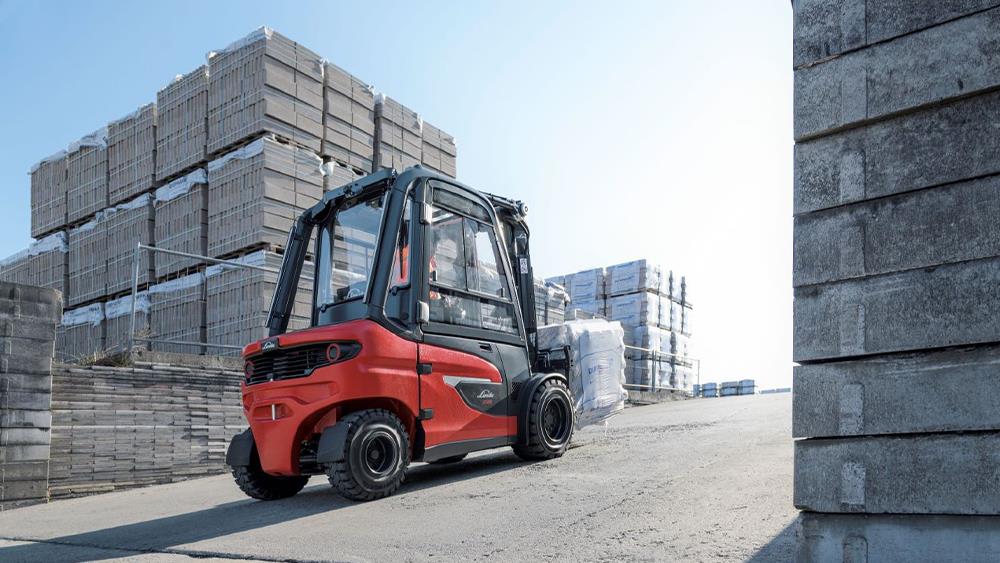

The Planet Mark Business Certification is an internationally recognised accreditation that a business can use to report on its carbon footprint and demonstrate progress.
Sustainability has been high on Russell Roof Tiles’ agenda for more than ten years, but recently the manufacturer’s dedication has been recognised with certification by international body, Planet Mark.
The Planet Mark Business Certification is an internationally recognised accreditation that a business can use to report on its carbon footprint and demonstrate progress.
Russell Roof Tiles has been actively seeking ways to reduce its environmental impact, including investing in more energy efficient equipment, optimising its production processes, and sourcing more sustainable materials as part of its net zero pledge.
This was outlined three years ago with the support of Planet Mark, to ensure the company becomes carbon neutral by 2040, ten years ahead of the government’s timeline.
Russell Roof Tiles is incredibly proud to be one of only a select number of businesses to be verified and awarded certification by Planet Mark, for making a significant reduction in its carbon emissions within just 12 months.
To achieve this latest certification, a business must demonstrate its commitment by measuring and reducing its carbon footprint, engaging with employees and stakeholders, and setting ambitious sustainability targets.
Russell Roof Tiles has over the past year successfully reduced its carbon emissions by 5.9%. This is above Planet Mark’s recommended target, showcasing the company’s significant progress towards its goal of reducing its carbon footprint and promoting a sustainable future.
Business Support Manager Daniel Hancox said: "We're thrilled to have received certification from Planet Mark and to have made significant progress in reducing our carbon emissions. Sustainability is at the heart of our business, and we're committed to doing our part in protecting the planet for future generations."
The company is now looking at ways it can significantly reduce emissions in its supply chain and downstream activities (Scope 3) as well as work with other suppliers to establish their carbon data and verify a baseline from known data.